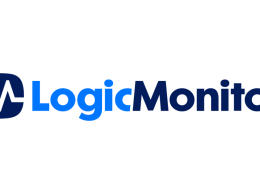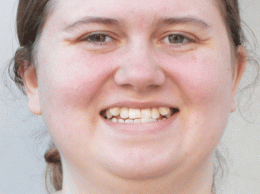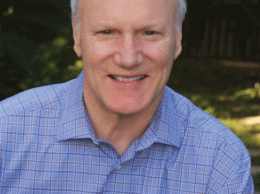By Jean-Luc Bourdon on April 6, 2012
The more important the issue at hand, the more valuable it is to ask a few more questions about it. Tax certainly falls into that category. According to the Tax Foundation, the average American worked well over three months to pay last year’s taxes. Yet most taxpayers would rather not dwell on the topic — they simply want their taxes done. The idea that death and taxes are inevitable too often leads to fatalism.
However, both with health and wealth, small modifications can produce large differences. Posing a few more questions to your CPA during tax season could empower you to find and seize valuable benefits. Here are some questions to ask this year:
• “How will the higher income tax rates scheduled for next year affect me? What opportunities to accelerate income or delay expenses do I have? What other tax changes come into play?”
In addition to higher income tax rates, the “marriage penalty” is scheduled for a comeback next year. For married couples filing jointly, this means higher taxes from a reduced standard deduction and lower tax bracket thresholds. Furthermore, in 2013, itemized deductions and personal dependency exemptions will be phased out again for high-income individuals. High earners will also face an additional 0.9 percent Medicare payroll tax. So, given a choice, there are incentives to paying income taxes sooner than later. Itemized deductions (i.e. charitable contributions, medical expenses, state and property taxes) could be valuable to offset next year’s higher income tax, but they will be phased out for some taxpayers. The answer to this dilemma depends on each taxpayer’s specific circumstances.
• “How will the higher capital-gain rates scheduled for 2013 affect me? Should I harvest gains?” In other words, should I choose to pay taxes on investment gains this year, rather than defer taxes and pay higher taxes later?
• “Will the upcoming 3.8 percent Medicare surtax on unearned income affect me? If so, should I harvest gains on real estate, nonqualified annuities and investments in 2012?
Paying higher taxes by choice is counterintuitive. While tax-planning generally focuses on postponing taxes, 2012 provides significant advantages to doing just the opposite.
• “How relevant to me are the changes to the estate and gift tax scheduled for next year? What opportunities should I take advantage of this year? What planning techniques should I consider?”
Unless Congress acts, changes will be very significant. Current law may offer high-net-worth families the estate planning opportunity of a lifetime.
• “Can I contribute to a Roth IRA? If so, what would the advantages be over a traditional IRA? If not, should I make non-deductible contributions to a traditional IRA?”
An oversimplified rule-of-thumb is as follows: If you expect higher taxes when you take money out than when you put money in, a Roth IRA is better.
• “If I expect unusually high income this year, would I benefit from contributions to a Donor-Advised fund?”
A donor-advised fund allows you to make deductible charitable contributions to it now and charitable distributions from it in the future. You could think of it as pre-paying future charitable donations.
• If I expect unusually low income this year, should I consider converting some traditional IRA (or retirement plan) money to a Roth IRA?
In addition to tax, a Roth conversion has investment and estate planning aspects. It should be considered yearly, but is particularly attractive in a year when lower income would involve lower taxes.
• “How do I maximize my employee benefits? How do they relate to my taxes?”
The key to benefits is to understand the plan. For instance, do you have access to a cafeteria plan, ESOP, ESPP, HSA, flexible spending account, child care benefits, vision, dental, stock options, disability and life insurance? Does your retirement plan offer matching contributions? What is its contribution limit? Invest time in understanding your benefit package, and then determine how it best fits (1) your needs and (2) your tax situation.
There are many more questions that are important to ask your CPA. So, your last question could be this: “What else should I have asked you?”
Leverage the knowledge your CPA already has of your financial situation by asking just a few more questions. CPAs can help integrate tax with other important aspects of personal finance. Some CPAs also demonstrate expertise with the Personal Financial Specialist credential, which is exclusive to CPAs specialized in financial planning. Over the years, and particularly in 2012, the more questions you ask about tax, the less of it you are likely to pay.
• Jean-Luc Bourdon is a CPA financial planner and principal with Kozak Financial Advisory in Santa Barbara and Camarillo. His comments are not intended as tax, legal or financial advice for any particular individual. Contact him at (805) 764-0335.






 Print
Print Email
Email

















